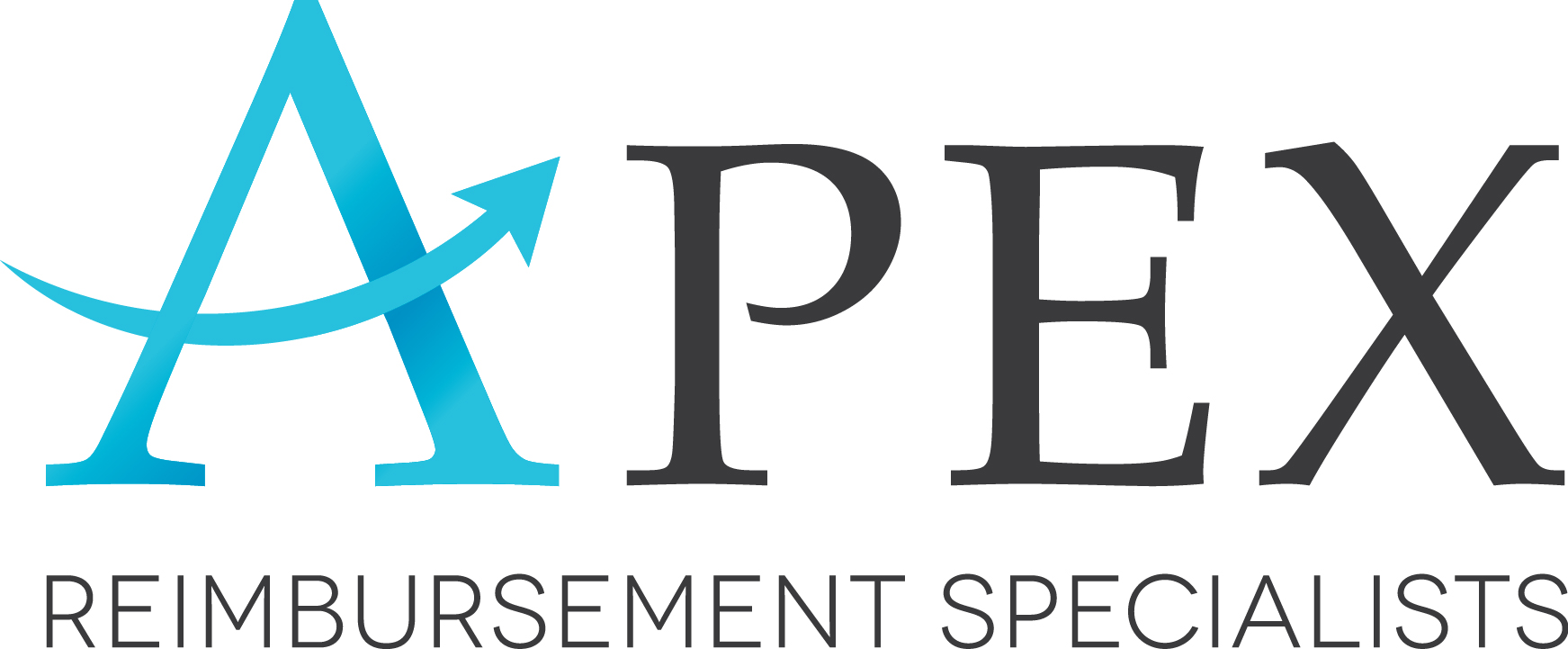
If you are like most dental practices, you have a wealth of experience working with preferred provider organizations (PPOs). However, you might not have as much expertise when it comes to working with third-party networks. Before you enroll your dental practice in a third-party network, you should carefully consider the pros and cons of doing so. While the right network could bring you plenty of new patients and revenue, it can come with a cost.
Third-Party Network 101
Third-party dental networks connect dentists and dental practices with a significant potential patient base. When you are put into a network, you will be presented to the network’s group of patients as a dentist that accepts their plan. Many practices experience a revenue boost thanks to the influx of new patients. When you are accepted into a network, your practice will be expected to undertake a credentialing and re-credentialing process similar to the one you took for traditional PPOs.
How Big Is the Network?
If you are considering enrollment in a third-party network, you should do research on the size of the network nationally and in your area. How many providers are in the network now? How many providers that offer similar services are in the network now? While the network might include one number in your literature to make the network seem more enticing, you should examine both unique locations and unique providers.
While it might seem like a large network of dentists near you would be a negative thing, it can actually be overwhelmingly positive. After all, if a patient knows that he or she will have the choice of 100 top-quality providers instead of only 10, the likelihood of enrollment increases.
Is It a PPO Network-Sharing Situation?
In some cases, you might become part of a network by enrolling with certain PPOs. Network-sharing occurs whenever a PPO shares the same network of dentists enrolled in their plan with other PPOs. As a result, all patients of one PPO can see dentists from other PPOs as well without needing to enroll in multiple health plans to receive the benefit. If you are enrolling in a PPO that engages in network-sharing, you should read your contract carefully to ensure your office will benefit from being in the program. Network-sharing can be a positive thing for practices, as they can access the large patient base of a third-party network with the negotiated reimbursement rates from one PPO. APEX Reimbursement Specialists can even assist you in the reimbursement rate negotiation process.
Are You Reading the Fine Print?
While third-party networks can be a good way to boost business at your practice, there is no single magic solution for the problem of insufficient patients. Practices that enroll in too many networks can end up in a confusing situation if different third-party networks are in relationships with different insurance providers. You should also remember that insurance providers can and do cut off ties with third-party networks, which could isolate some of your patients.
Improve Your Dental Practice with APEX
The experts at APEX Reimbursement Specialists can help you to explore the best options for your continued growth and sustained success. Contact our team today by calling (410) 710-6005. We look forward to working with you to make your practice a more profitable place.
